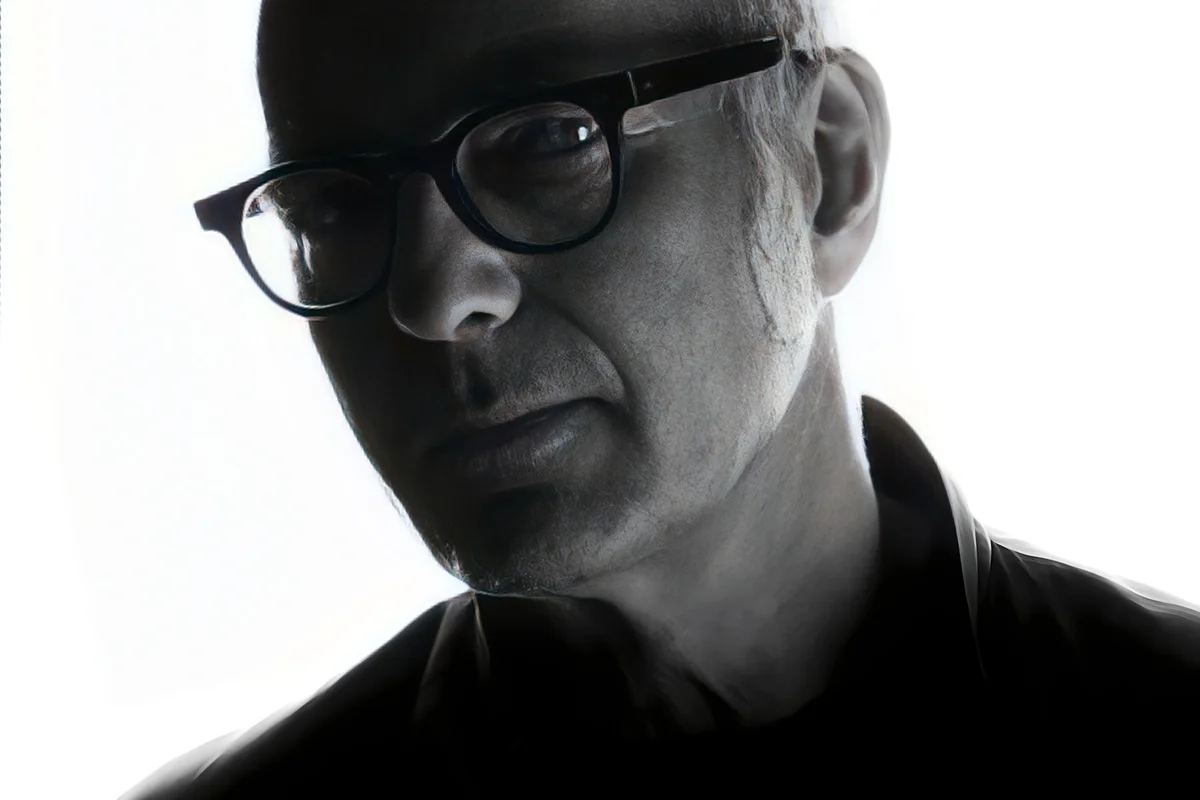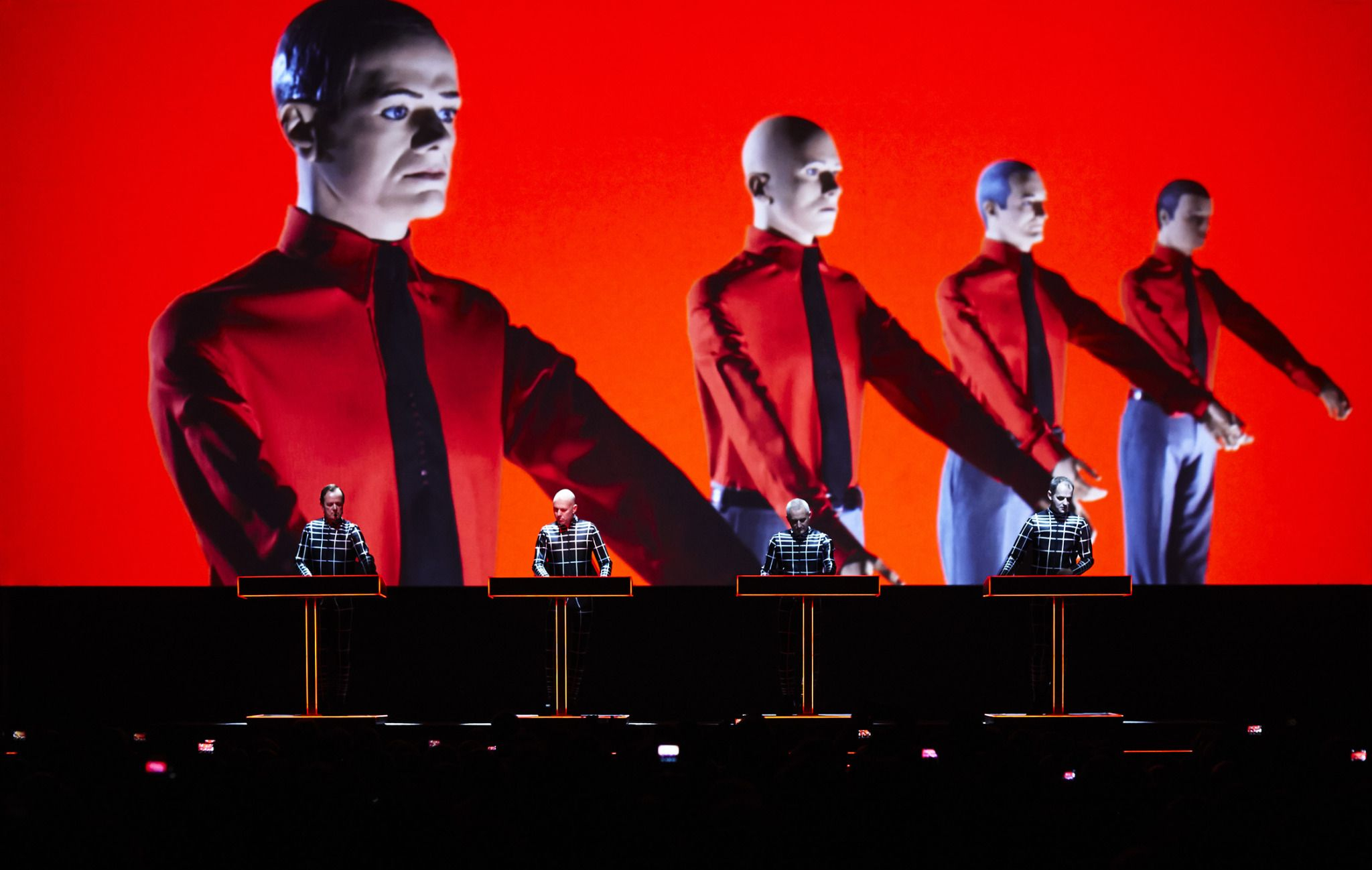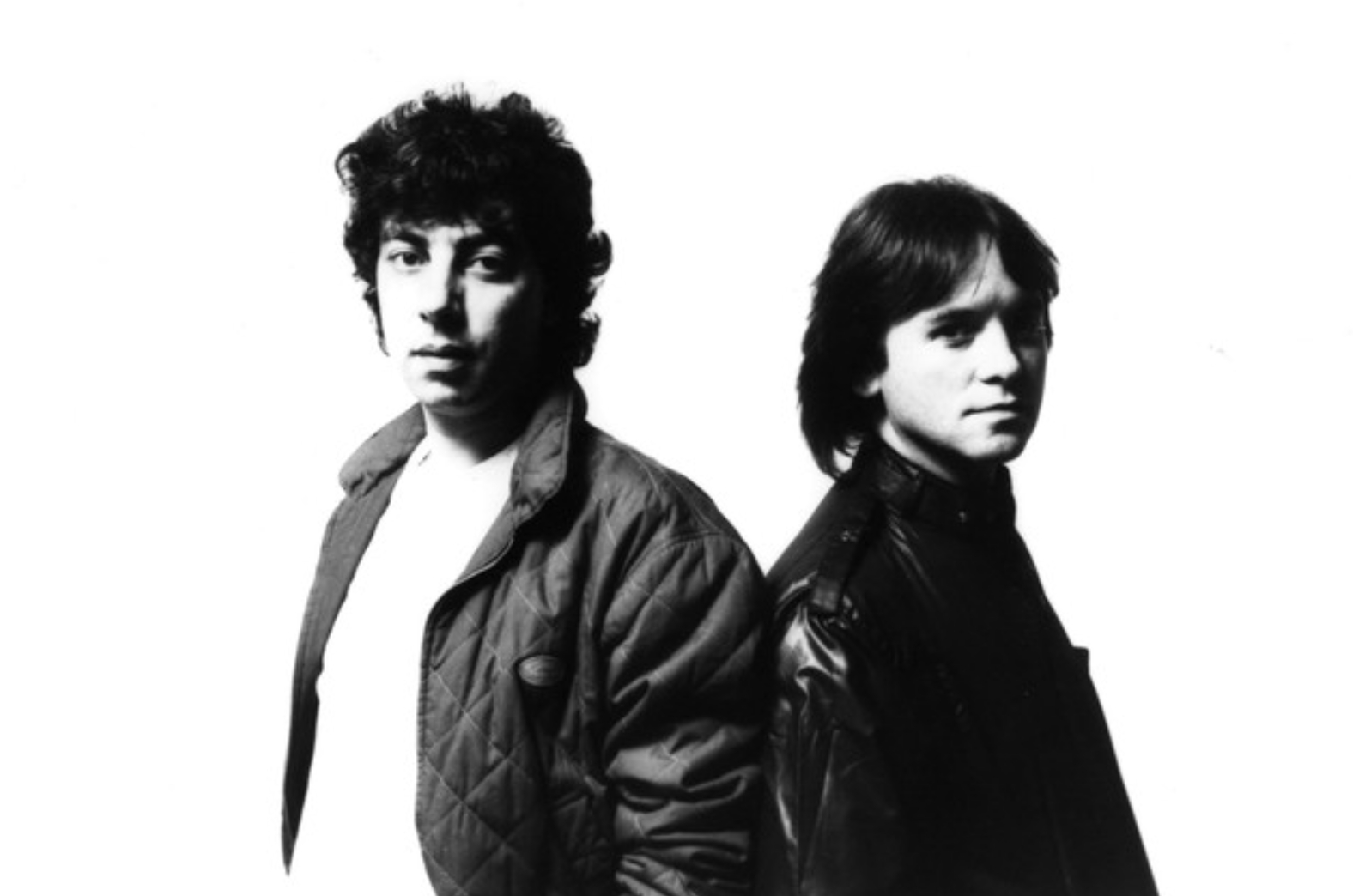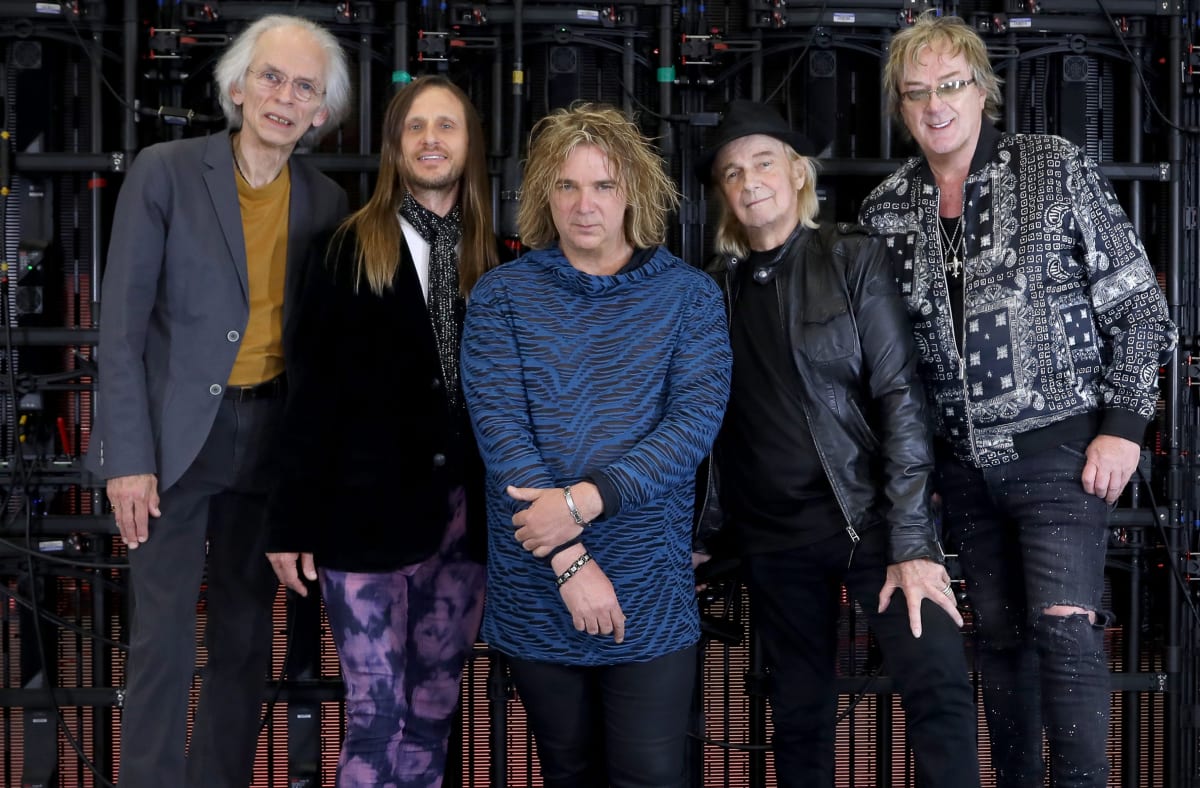
Lily Allen Glasgow
Monday, Mar 2, 2026
20:00
, Glasgow
Nestled in the heart of Scotland's most vibrant city, the Glasgow Royal Concert Hall stands as more than just a venue; it is a cornerstone of the nation's cultural landscape, a majestic edifice that has resonated with the sounds of classical orchestras, contemporary chart-toppers, and captivating performances for decades. Its grand facade, an architectural statement in itself, hints at the rich history and diverse programming that unfolds within its hallowed halls. From the thunderous applause of a sell-out rock concert to the hushed reverence of a symphony's crescendo, the Glasgow Royal Concert Hall offers an unparalleled live music experience, a place where memories are forged and artistic expression finds its grandest stage. This is where Glasgow's multifaceted musical identity is celebrated, from its operatic aspirations to its thumping electronic beats, making it an indispensable destination for music lovers across the globe.
The genesis of the Glasgow Royal Concert Hall is intrinsically linked to the city's ambition to establish a world-class performing arts centre that would reflect its burgeoning global stature at the close of the 20th century. While the venue officially opened its doors in 1990, its origins can be traced back to the desire to create a modern, purpose-built space that could accommodate the evolving needs of musical performance. Prior to its construction, Glasgow relied on older, less adaptable venues for its major musical events. The concept for the Concert Hall was born out of a need for a facility that offered superior acoustics, modern staging capabilities, and a comfortable, accessible environment for audiences.
The architectural design was a collaborative effort, spearheaded by the firm of Sir Leslie Martin and Sir Robert Matthew, with the final design and construction overseen by the architectural practice of Sir Norman Foster and Partners. The site chosen, adjacent to the iconic City Chambers and overlooking George Square, was deliberate – placing the new cultural heart of Glasgow at its very civic centre. The building's design is a striking example of modernism, characterized by its clean lines, extensive use of glass, and a bold, imposing presence that nonetheless integrates harmoniously with the Victorian grandeur of its surroundings. The interior was meticulously planned to optimise acoustic performance, featuring a vast auditorium designed to cradle sound and deliver an exceptional listening experience for both performers and audiences. This emphasis on acoustical excellence became an immediate hallmark of the venue.
The Glasgow Royal Concert Hall quickly established itself as a premier destination not just for classical music, but for a wide spectrum of genres, significantly shaping Glasgow's cultural tapestry. Its opening was a statement of intent, signalling the city's commitment to arts and culture on an international scale. The venue was designed with versatility in mind, boasting multiple performance spaces, including the main auditorium, which can be adapted for various configurations. This flexibility allowed it to host everything from large-scale orchestral concerts and opera to pop, rock, jazz, and comedy.
Over the years, the Concert Hall has become synonymous with the annual Celtic Connections festival, an event that showcases traditional and contemporary folk music from Scotland and around the world. This partnership has cemented the venue's role as a champion of Celtic heritage and a vital hub for global roots music, attracting hundreds of thousands of visitors to Glasgow and providing a platform for countless artists. Beyond this, the venue has played a crucial role in attracting major international touring artists and productions, elevating Glasgow's profile as a must-visit city for live entertainment. It serves as a vital link between the city's rich musical past and its dynamic future, providing a space where established legends and emerging talents alike can connect with audiences.
The Glasgow Royal Concert Hall has played host to an astonishing array of musical talent, cementing its reputation as a venue of national and international significance. Its unique selling proposition (USP) lies in its harmonious marriage of world-class acoustics with a diverse and inclusive programming policy, making it equally adept at showcasing the delicate nuances of a string quartet and the raw power of a stadium-filling rock band. This versatility, combined with its central location and grand atmosphere, has drawn legendary artists and created unforgettable moments.
Here are just a few of the iconic performances that have graced its stage:
These performances, alongside countless others, underscore the Glasgow Royal Concert Hall's status as a vital hub for live music, capable of delivering an exceptional experience across an extraordinary range of genres.
The nearest major train station is Glasgow Queen Street Station, which is a mere 2-minute walk from the venue. Glasgow Central Station is also within easy reach, approximately a 10-minute walk away. Both stations serve national rail networks, connecting Glasgow to major cities across the UK.
Numerous bus routes terminate or pass through the city centre, with most services stopping within a short walking distance of the Concert Hall. Major bus hubs are located at Buchanan Bus Station (approximately a 5-10 minute walk) and Queen Street Station, serving local and national routes.
While driving into Glasgow city centre can be busy, there are several car parking options close to the venue:
Please note that parking charges apply at all these locations, and it is advisable to check their websites for current rates and opening times.
The Glasgow Royal Concert Hall is committed to providing an accessible and enjoyable experience for all its visitors.
For specific requirements or any concerns, it is always best to contact the venue's box office directly when booking tickets to ensure all needs can be met.
Door Times: Doors typically open 30-60 minutes before the advertised start time of a performance. This can vary depending on the event, so it is always best to check your ticket or the venue's website for the most up-to-date information.
Age Restrictions: Age restrictions can vary significantly from event to event. For family-friendly shows, children of all ages may be permitted, while for concerts featuring adult themes or loud music, there may be minimum age requirements (e.g., 14+, 16+, or 18+). Please check the specific event details on your ticket or the venue's website.
Bag Policy: Generally, large bags, rucksacks, and backpacks are not permitted in the auditorium. Small bags that can be carried on a lap are usually allowed. It is advisable to travel light if possible. Security staff reserve the right to search bags.
Security: For the safety and comfort of all patrons, security checks are in place, including bag searches. Please cooperate with security personnel.
Photography Rules: The use of professional cameras, video cameras, and audio recorders is typically prohibited during performances unless specifically authorised. Mobile phones may be permitted for occasional use but should be switched to silent. Flash photography is almost always disallowed as it can disturb performers and other audience members. Always check the specific policy for your event.
The main auditorium of the Glasgow Royal Concert Hall has a seating capacity of approximately 2,475.
You can easily reach the venue by train to Glasgow Queen Street (2-minute walk) or Glasgow Central (10-minute walk) stations, or by numerous bus routes that stop near the city centre. Buchanan Bus Station is also a short walk away.
Yes, the Glasgow Royal Concert Hall is fully wheelchair accessible, with lifts to all levels, dedicated wheelchair spaces in the auditorium, and accessible toilets.
Doors typically open 30-60 minutes before the advertised start time of a performance, but this can vary. It is advisable to check your ticket or the venue's website for specific event timings.
Convenient parking options include the Concert Hall Car Park (beneath the venue), Q-Park Sauchiehall Street, NCP Dundasvale, and NCP Glasshouse, all within a short walking distance.
Location
, Glasgow

Monday, Mar 2, 2026
20:00

Tuesday, Mar 31, 2026
20:00

Wednesday, Apr 15, 2026
20:00

Tuesday, Sep 8, 2026
20:00

Friday, May 8, 2026
19:00:00

Friday, Apr 17, 2026
19:00:00

Monday, May 25, 2026
20:00

Tuesday, Mar 10, 2026
20:00

Wednesday, Apr 22, 2026
19:00:00